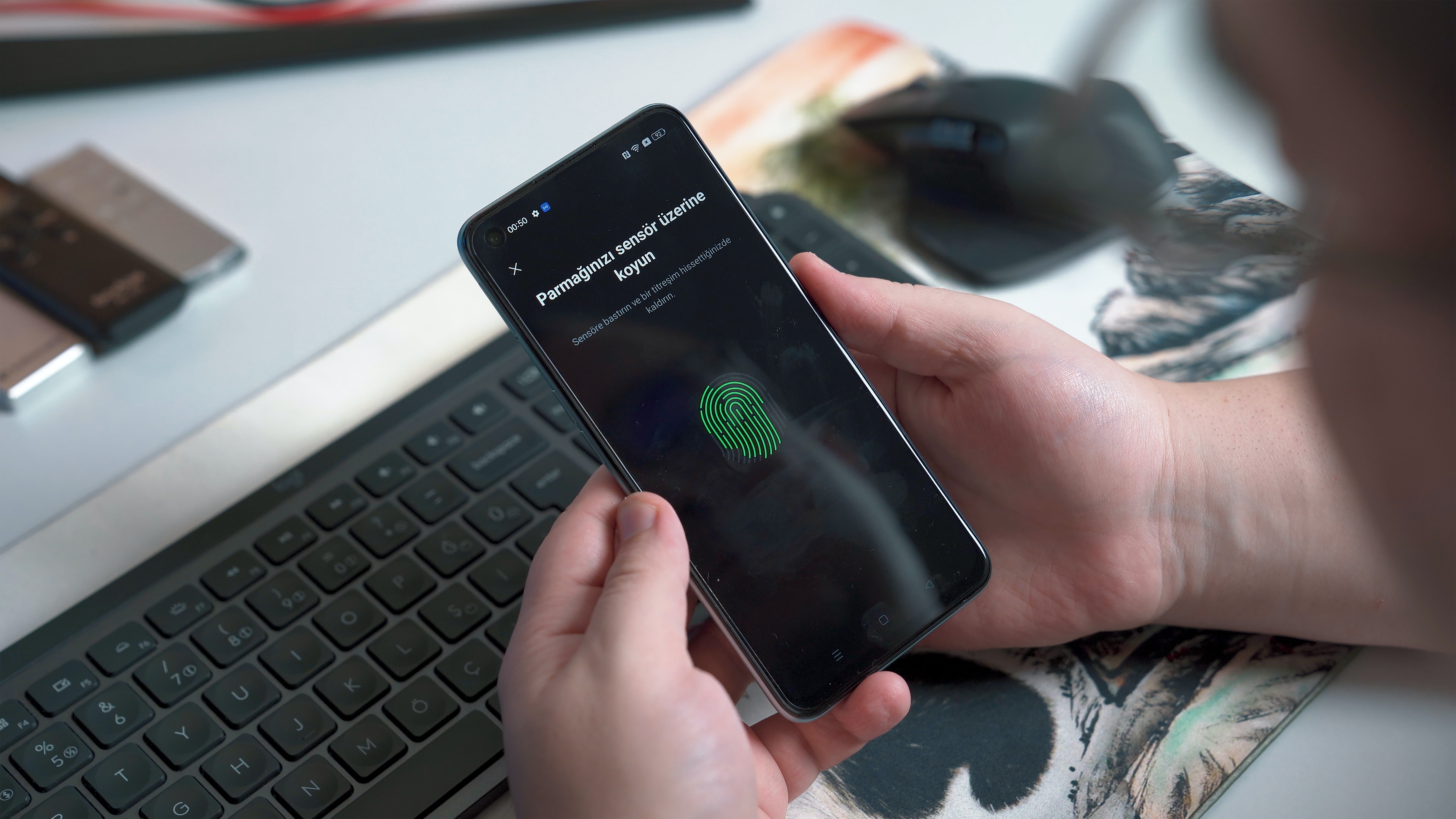
In today’s digitally-driven world, financial fraud has become increasingly sophisticated and prevalent, affecting individuals, businesses, and even governments. Falling victim to financial fraud can have devastating consequences, causing not only financial losses but also emotional distress. However, with awareness, vigilance, and the right precautions, you can protect yourself from falling into the clutches of fraudsters. In this blog, we’ll discuss effective strategies to escape financial fraud and ensure your financial security.
1.) Educate Yourself
One of the most powerful tools in the fight against financial fraud is education. Understanding the different types of scams, phishing attempts, and fraudulent activities can help you recognize warning signs and avoid becoming a victim. Regularly update yourself about the latest scams and techniques fraudsters are using.
2.) Secure Your Personal Information
Fraudsters often use stolen personal information to commit financial fraud. Protect your personal data by using strong, unique passwords for online accounts, enabling two-factor authentication whenever possible, and being cautious about sharing sensitive information on social media or through email.
3.) Verify Requests for Information or Transactions

Before responding to any requests for personal or financial information, verify the legitimacy of the request. If you receive an email, call, or message asking for sensitive information, contact the organization directly using their official contact information rather than the information provided in the suspicious communication.
4.) Monitor Your Financial Statements
Regularly review your bank, credit card, and investment account statements for any unauthorized or suspicious transactions. The earlier you spot fraudulent activity, the easier it is to take corrective action.
5.) Be Wary of Unsolicited Offers
If something sounds too good to be true, it probably is. Be cautious about unsolicited offers promising huge returns, prizes, or exclusive opportunities. Always conduct thorough research and consult trusted sources before making any financial decisions.
6.) Double-Check URLs and Websites

Phishing scams often involve fraudulent websites that mimic legitimate ones. Before entering any personal or financial information, double-check the URL to ensure it’s legitimate. Look for HTTPS encryption and verify the website’s domain.
7.) Avoid Public Wi-Fi for Sensitive Transactions
Using public Wi-Fi networks for financial transactions can expose your data to potential hackers. Whenever possible, use a secure and private internet connection, especially for activities involving sensitive information.
8.) Regularly Update Your Devices and Software
Outdated software and operating systems can leave your devices vulnerable to attacks. Keep your devices, apps, and software up to date with the latest security patches to minimize vulnerabilities.

9.) Use Credit Monitoring Services
Consider enrolling in credit monitoring services that alert you to any significant changes or suspicious activities related to your credit report. This can help you catch unauthorized account openings or other suspicious activity early.
10.) Trust Your Instinct
If something doesn’t feel right or if you’re asked for information that seems unnecessary, trust your instincts and proceed with caution. Fraudsters often rely on pressure tactics or emotional appeals to manipulate their victims.
11.) Report Suspected Fraud

If you suspect that you’ve been targeted by a financial fraud attempt, report it to the relevant authorities, such as your bank, credit card company, local law enforcement, or the appropriate regulatory agency. Reporting helps prevent others from falling victim and can aid in the investigation.
Disclaimer: The information provided above is not meant to be legal or tax advise. You should consult your CPA and attorney to determine the best course of action for your situation.
Mitzi E. Sullivan, CPA is a cloud based professional services provider
specializing in cloud accounting.